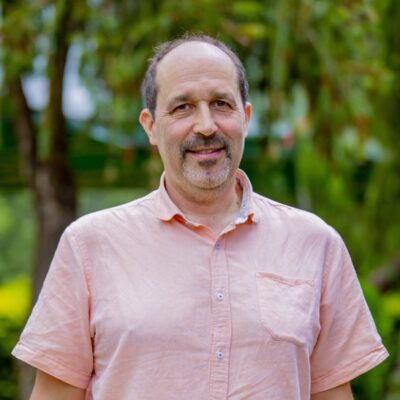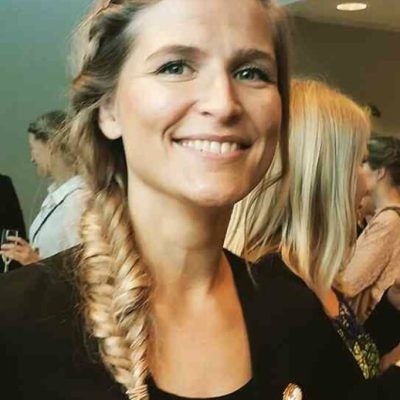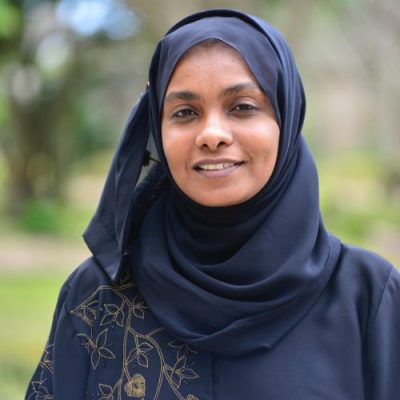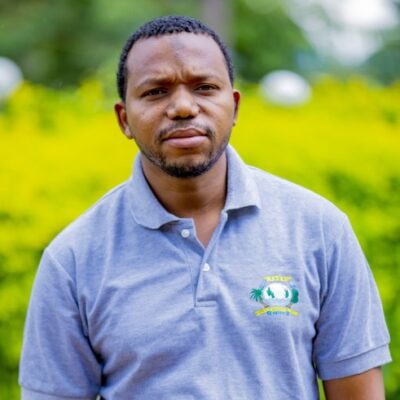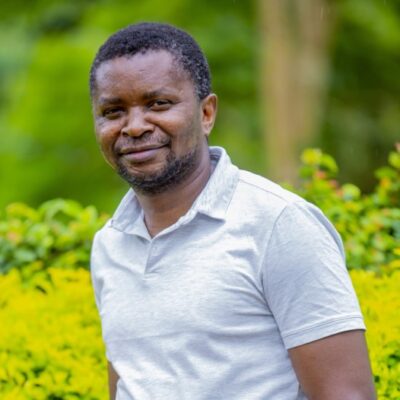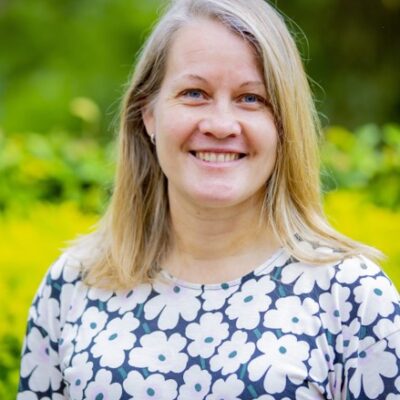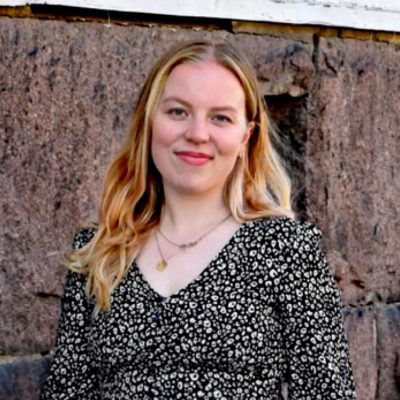
Project duration: 2020-2024
Coordinator: University of Turku (UTU)
Partners: Ardhi University (ARU), Moshi Co-operative University (MoCU), Novia University of Applied Sciences (NOVIA), Sokoine University of Agriculture (SUA), State University of Zanzibar (SUZA), Turku University of Applied Sciences (TUAS), University of Dar es Salaam (UDSM)
Funding: Higher Education Institutions, Institutional Cooperation Instrument (HEI ICI) (funded by the Ministry of Foreign Affairs of Finland and administered by the Finnish National Agency for Education)
Project website: https://www.geoict.org/
GeoICT4e
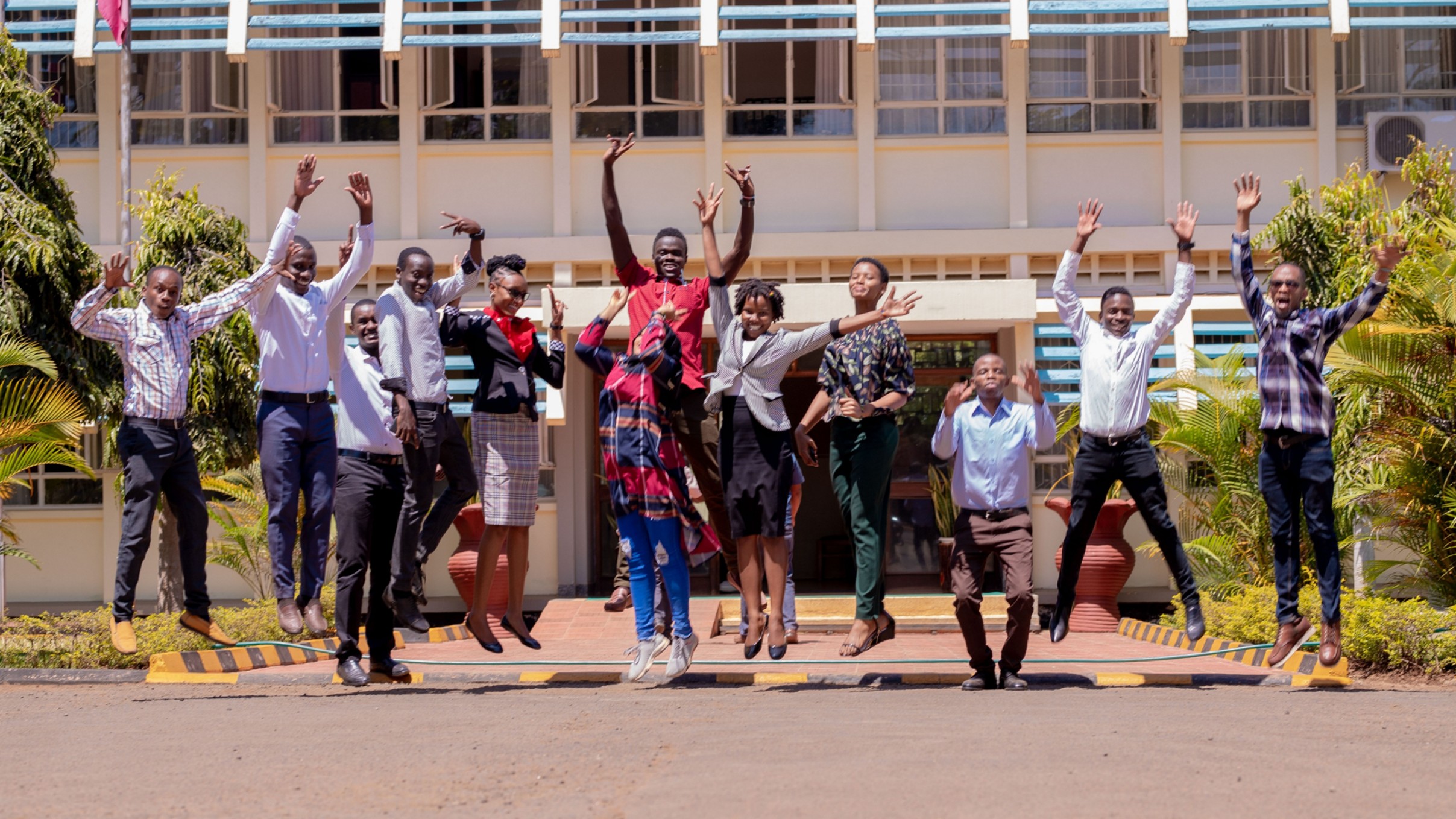
Higher-education students participated in Multi-Competence Learning Campaign to innovate solutions for societal challenges
